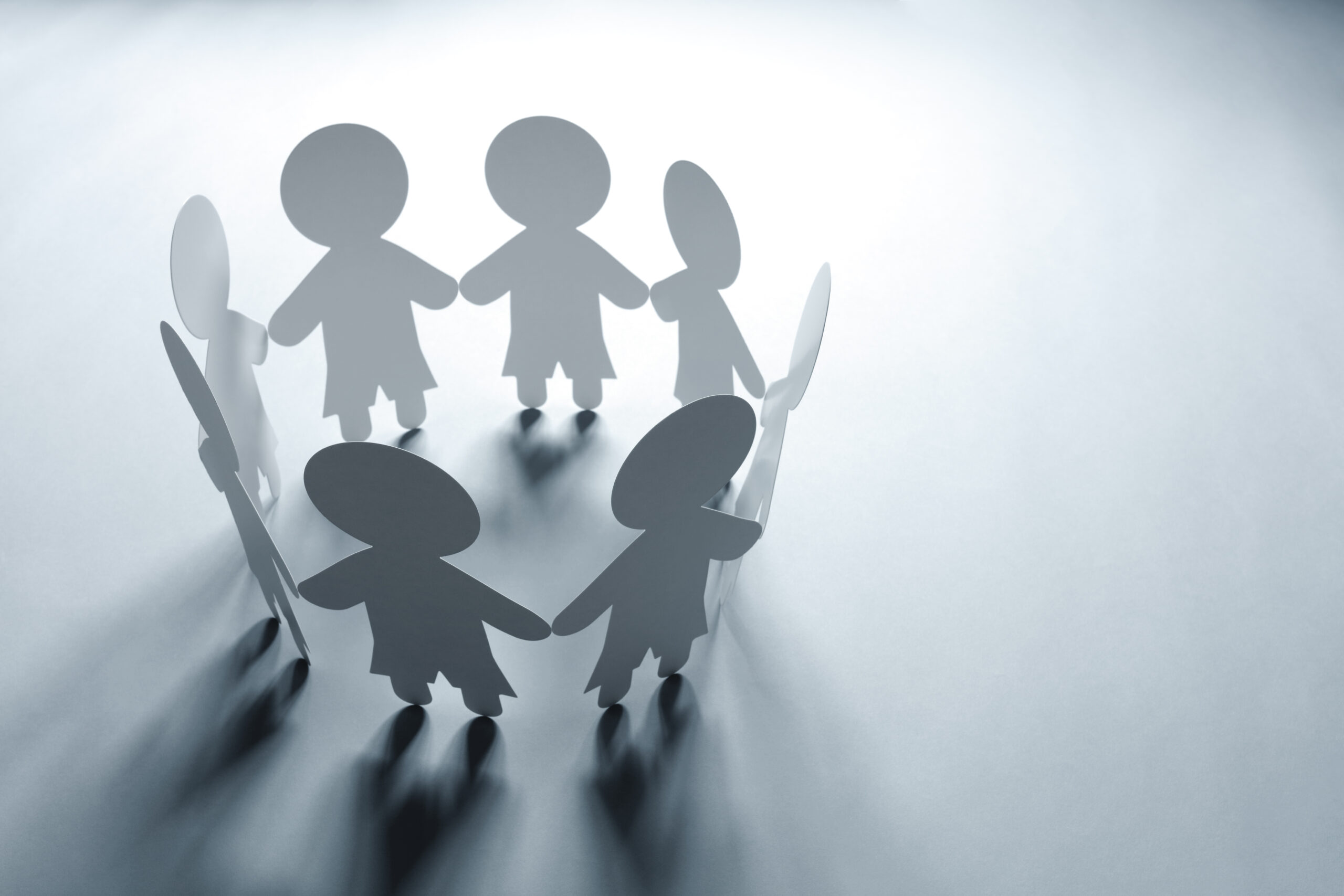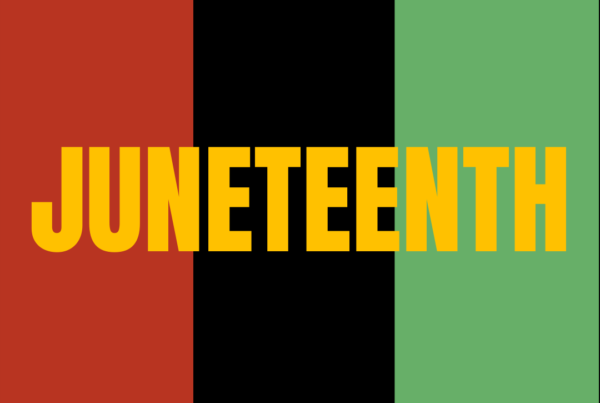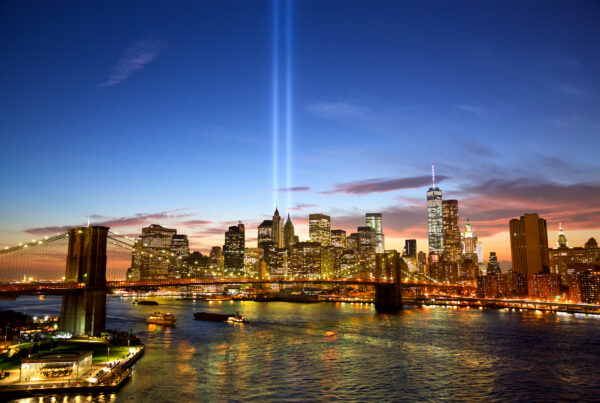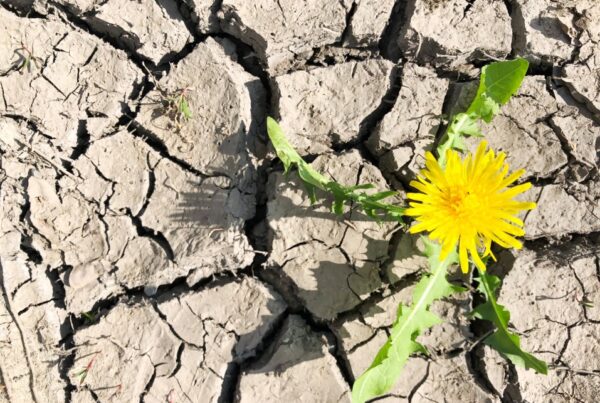It seems we are entering a very challenging time, in terms of understanding where we fit in the world. The identities that guided our life navigation in recent years are coming under extraordinary pressure and the signs are increasing that at least some of those identities will not survive. For those leading organizations or communities, the work of bringing people together is getting harder.
Take a quick self-test: think for a few minutes and then write down the five or six ways you identify yourself to others. If you are like most people, at least one of the words will reflect how you relate to important people in your personal life, i.e. mother, daughter or grandparent. That may be the one identifier that isn’t likely to be under pressure, so hold on to that for dear life. (Although even there, if you or others in your family are coping with gender identity issues, be open to new terminology).
Racial identity has been and is being altered by both more explicit distinctions (Black Americans or Black Immigrant; LatinX or Hispanic; non-Hispanic White; Asian American or Pacific Islander) and by interracial parenting, which overtime will obliterate those historic distinctions. Ideological identity is being eroded by the inability of political parties to maintain big, inclusive tents: Democrats and Republicans are increasingly more precisely progressives, liberals, moderates, conservatives, neo-cons. We have historically offered up identities that reflect how we make a living: executive, employee, entrepreneur, laborer. In a world where more and more people have a lack of organizational loyalty, if not a ‘side hustle,’ we need to acknowledge that our relationship to the economy is very dynamic. I could continue the examples – but the point is that the push to honor our distinctions and disagreements is destroying the connective tissue between us. Can we simultaneously lift-up our differences and celebrate our shared fate? So far, the evidence is not all that encouraging.
Even on a global basis, geo-political perceptions are evolving. Who are our allies? Who are our enemies? The fact that so much of the economy operates on a global scale means it isn’t as easy as it used to be to understand who is ‘with us’ and who wishes us ill. Even more bluntly, who is ‘us’?
Meanwhile, ironically, the concept of ‘belonging’ is gaining traction. We want to be in connection with others – as human beings we crave connection and the security of community. But how to move ahead with confidence that our belonging circles are real, sustainable, interested in our future? How to reconcile our heightened sense of identity with our desire to belong?
The work of creating connective tissue has perhaps never been more challenging, as each of us are searching for where we belong but also holding communities accountable for respecting and reflecting the different journeys that have brought us to where we are now.
And so, employers, brands, and elected leaders are all facing this challenging time. Who do ‘their people’ think they are? And how best to create the opportunities to belong?
I believe a key to our collective success is the concept of co-creation. Not hierarchical power-relationships; not submission to historical ideas of control. Think improvisation, think jazz. Think about building bridges. We have all the potential of our collective journeys and the learnings that come with those realities. Let’s see what is possible. I love the potential of community. We belong.






